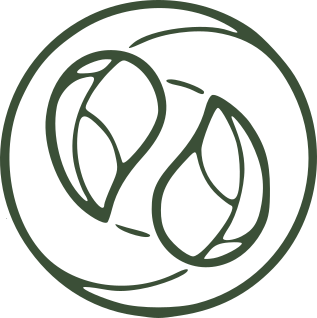
Exploring the Roots: The Fascinating Origins of Aromatherapy
Introduction
Aromatherapy, often associated with holistic healing, spa treatments, and personal wellness, is more than just pleasant scents. This therapeutic practice has a rich history that spans across continents and cultures, offering a unique blend of art, science, and spirituality. Today, as more women between the ages of 24 and 42 in English-speaking countries seek natural remedies for health and wellness, understanding the origins of aromatherapy can enhance its relevance and application in our daily lives.
The Ancient Beginnings
The concept of using plant aromas for healing can be traced back thousands of years. Ancient civilizations like the Egyptians, Chinese, Indians, and Greeks understood the potent power of aromatic plant extracts. The Egyptians, renowned for their advancements in medicine and cosmetics, were pioneers in extracting oils from aromatic plants. They used these oils in their embalming process, religious ceremonies, and for medicinal purposes. Notably, traces of cedarwood, clove, cinnamon, and myrrh were found in the tombs of pharaohs, underscoring the significance of these oils in both life and afterlife.
The Greek Influence
The Greeks inherited much of their herbal wisdom from the Egyptians. The famed physician Hippocrates, often considered the “Father of Medicine,” advocated for the use of aromatic fumigations to purge Athens of the plague. He also believed in using aromatherapy to promote health and prevent disease, suggesting that the key to good health was an aromatic bath and a scented massage daily.
Advancements in the Islamic Golden Age
During the Islamic Golden Age, which spanned from the 8th to the 14th century, the distillation techniques of essential oils were refined and documented extensively. Avicenna, a Persian polymath, is credited with improving the process of extracting essential oils through steam distillation. This innovation allowed for more efficient and widespread use of aromatherapy. The knowledge from this period significantly influenced the later European herbalists and the practice of aromatherapy as we know it today.
The Renaissance: Europe’s Embrace
In Renaissance Europe, the medicinal and aromatic properties of plants were increasingly documented in herbal compendiums. Physicians like Paracelsus furthered the cause of aromatherapy with their radical belief in the doctrine of signatures, which posited that herbs resembling various parts of the body could be used to treat ailments affecting those parts. This period saw a resurgence in the use of essential oils, which were utilized for their antiseptic properties, particularly during outbreaks of disease.
Modern Aromatherapy
The term ‘aromatherapy’ was coined in the early 20th century by a French chemist named René-Maurice Gattefossé. After accidentally burning his hand, he applied lavender oil, which not only relieved the pain but also facilitated quicker healing without significant scarring. This incident spurred Gattefossé to delve into the study of essential oils in a clinical setting. His work, along with that of Dr. Jean Valnet, who used essential oils to treat soldiers during World War II, laid the foundational principles of modern aromatherapy.
Cultural Contributions and Global Spread
As the practice of aromatherapy spread globally, different cultures incorporated their unique approaches and knowledge. In India, aromatic plant extracts have been integral to Ayurvedic medicine for centuries, with oils like sandalwood and jasmine being staples in therapeutic practices. Similarly, in Australia, the indigenous cultures used tea tree oil, known for its broad-spectrum antimicrobial properties, long before it became popular worldwide.
Aromatherapy Today: Health, Wellness, and Beyond
Today, aromatherapy is embraced worldwide as part of an integrative approach to health and wellness. It’s not only used for physical ailments but also for improving psychological well-being. This includes reducing stress and anxiety, aiding in sleep, and enhancing mood. With an increasing number of studies validating the benefits of essential oils, aromatherapy is becoming a mainstream tool for maintaining a healthy lifestyle.
Conclusion
The history of aromatherapy is a testament to the enduring belief in the power of natural remedies. From ancient Egyptian tombs to modern-day spas and wellness centers, aromatic oils have soothed, healed, and uplifted humanity. Understanding its origins enriches our appreciation and provides a deeper connection to the traditions that have shaped this practice. As we continue to explore and validate the benefits of essential oils, aromatherapy remains a vital link between the past and present, offering natural solutions to the health and wellness challenges of today.
